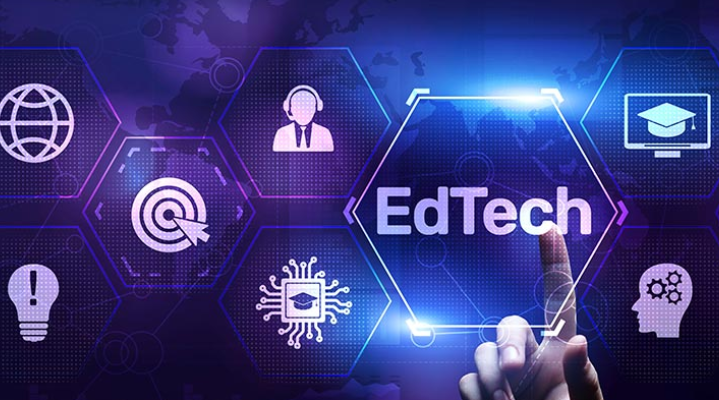Education is undergoing a massive transformation, and at the heart of this revolution are EdTech startups. These innovative companies are leveraging technology to create new ways of learning, making education more accessible, personalized, and flexible. The rise of EdTech has broken down traditional barriers to education, allowing students from all corners of the globe to access high-quality learning resources. As we move further into the digital age, EdTech startups are playing an increasingly critical role in shaping the future of education.
The Growth of EdTech: A Global Phenomenon
The EdTech industry has grown exponentially in recent years, fueled by technological advances, the proliferation of smartphones, and the increasing demand for accessible, affordable education. According to recent studies, the global EdTech market is projected to reach $404 billion by 2025, up from just $183 billion in 2020. This surge is driven by the need for new learning methods that cater to diverse learners, from K-12 students to professionals seeking lifelong learning opportunities.
EdTech startups are leveraging a wide range of technologies, from artificial intelligence (AI) and machine learning (ML) to virtual and augmented reality (VR and AR). These tools enable personalized learning experiences, real-time feedback, and immersive simulations, making education more engaging and effective.
Breaking Down Barriers: Access to Education for All
One of the most significant impacts of EdTech startups is their ability to make education accessible to people worldwide. Geography, socioeconomic status, and infrastructure have limited traditional educational systems. However, EdTech platforms are bridging these gaps by offering online courses, video lectures, and interactive learning tools that anyone with an internet connection can access.
Startups like Duolingo, a language-learning app, have made education available to millions of people across the globe, offering free language courses tailored to individual learners’ needs. Similarly, platforms like Coursera and Udemy provide access to university-level courses on a wide range of subjects, often at a fraction of the cost of traditional education.
This democratization of education is significant in developing countries, where access to quality teachers and resources is often limited. EdTech platforms provide opportunities for students in remote areas to learn skills to improve their lives and boost local economies.
Personalized Learning: Tailoring Education to Individual Needs
One of the most potent aspects of EdTech is its ability to offer personalized learning experiences. Traditional classrooms often follow a one-size-fits-all approach, which can leave some students behind while others become disengaged. In contrast, EdTech startups use AI and data analytics to customize learning paths for each student.
Platforms like Khan Academy and Smart Sparrow use adaptive learning technology to analyze students’ progress and adjust the curriculum to meet their unique needs. For example, if a student struggles with a particular concept, the platform can provide additional resources or alternative explanations until the student masters the material.
This personalized approach improves learning outcomes and helps students stay engaged and motivated as they progress at their own pace.
Lifelong Learning and Professional Development
EdTech is also reshaping the landscape of professional development and lifelong learning. With the rapid pace of technological change, the need for workers to continually acquire new skills has never been greater. EdTech startups respond to this need by offering specialized courses that help professionals upskill or reskill in data science, artificial intelligence, and digital marketing.
Platforms like LinkedIn Learning and edX provide various online courses to help individuals advance in their careers or pivot to new industries. These platforms often offer certifications and badges recognized by employers, giving learners tangible proof of their newly acquired skills.





